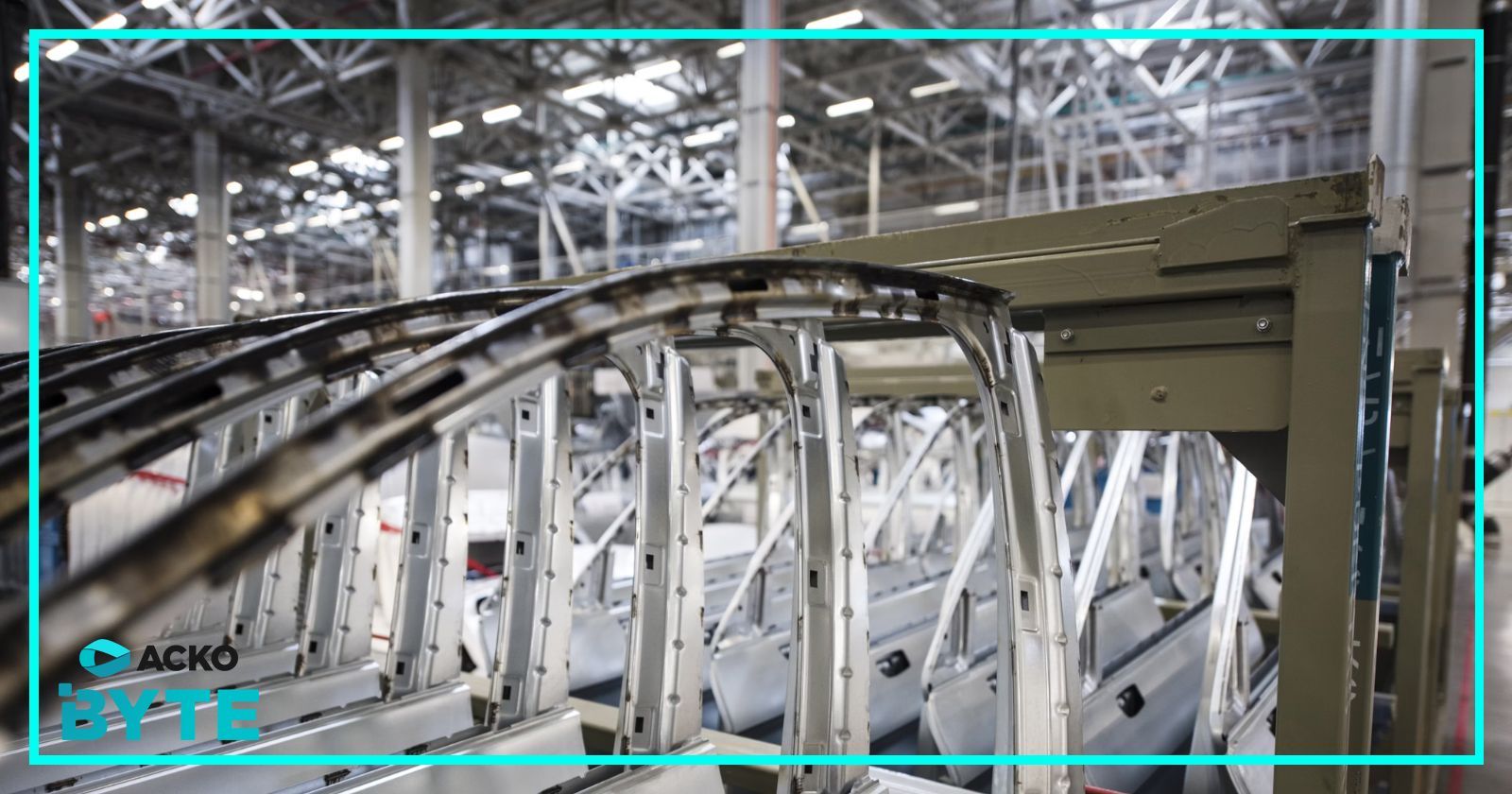
The government think tank aims to triple India's auto component exports from the current $20 billion to $60 billion by 2030.

Share Post

The government think tank aims to triple India's auto component exports from the current $20 billion to $60 billion by 2030.
NITI Aayog has recommended introducing fiscal incentives to enhance auto component manufacturing and develop large-scale brownfield automotive clusters as part of efforts to integrate India into the global automotive value chain, says a report by ET Auto.
The government think tank aims to triple India's auto component exports from the current $20 billion to $60 billion by 2030, while increasing the country's automotive component production to $145 billion within five years. These initiatives are projected to create between 2 and 2.5 million new jobs, bringing total direct employment in the sector to 3-4 million, the report added.
"The government should provide operational expenditure (opex) support to scale up manufacturing capabilities, with a focus on capital expenditure (capex) for tooling, dyes, and infrastructure," stated the report titled 'Automotive Industry: Powering India's Participation in Global Value Chains,' released on Friday.
The report highlights that while global automotive component trade is predominantly driven by engine components, drive transmission, and steering systems, India's market share in these high-precision segments remains minimal at just 2-4 per cent.
To address this gap, NITI Aayog has outlined several strategic fiscal and non-fiscal interventions designed to boost India's global competitiveness in the automotive sector. The think tank emphasized the importance of skill development programs to build a talent pipeline essential for sustaining growth.
"The government should also support cluster development for fostering collaboration between firms through common facilities such as research and development (R&D) and testing centres to strengthen the supply chain," the report recommended.
Additionally, the report calls for incentives to promote research, development, and international branding to enhance product differentiation, as well as empowering micro, small, and medium enterprises through intellectual property transfers.
According to NITI Aayog, non-fiscal interventions will also play a crucial role. These include simplifying regulatory processes, introducing worker hour flexibility, improving supplier discovery and development, and enhancing business conditions for automotive companies to help them scale operations and meet global standards.
The report further advocates promoting joint ventures (JVs), foreign collaborations, and free trade agreements to expand global market access, while encouraging the integration of digital technologies and enhanced manufacturing standards to improve operational efficiency.
For context, global automobile production reached approximately 94 million units in 2023, with the global automotive components market valued at $2 trillion and exports accounting for $700 billion.
Future of Smart Tyres in India: Safety, Sensors, and Scalability
Arun Prakash 28 Feb, 2026, 5:47 PM IST
Hero MotoCorp, Haryana Police Partner for Women’s Night Road Safety Rally
Acko Drive Team 28 Feb, 2026, 12:20 PM IST
Xiaomi Vision Gran Turismo Concept Car Leaked Ahead of Debut
Acko Drive Team 28 Feb, 2026, 11:14 AM IST
Mahindra XEV 9S Gets New Custom Mode For Better Control
Acko Drive Team 28 Feb, 2026, 8:18 AM IST
Yezdi Roadster New Variant Teased Ahead of Launch on March 3
Acko Drive Team 28 Feb, 2026, 6:05 AM IST
Looking for a new car?
We promise the best car deals and earliest delivery!
